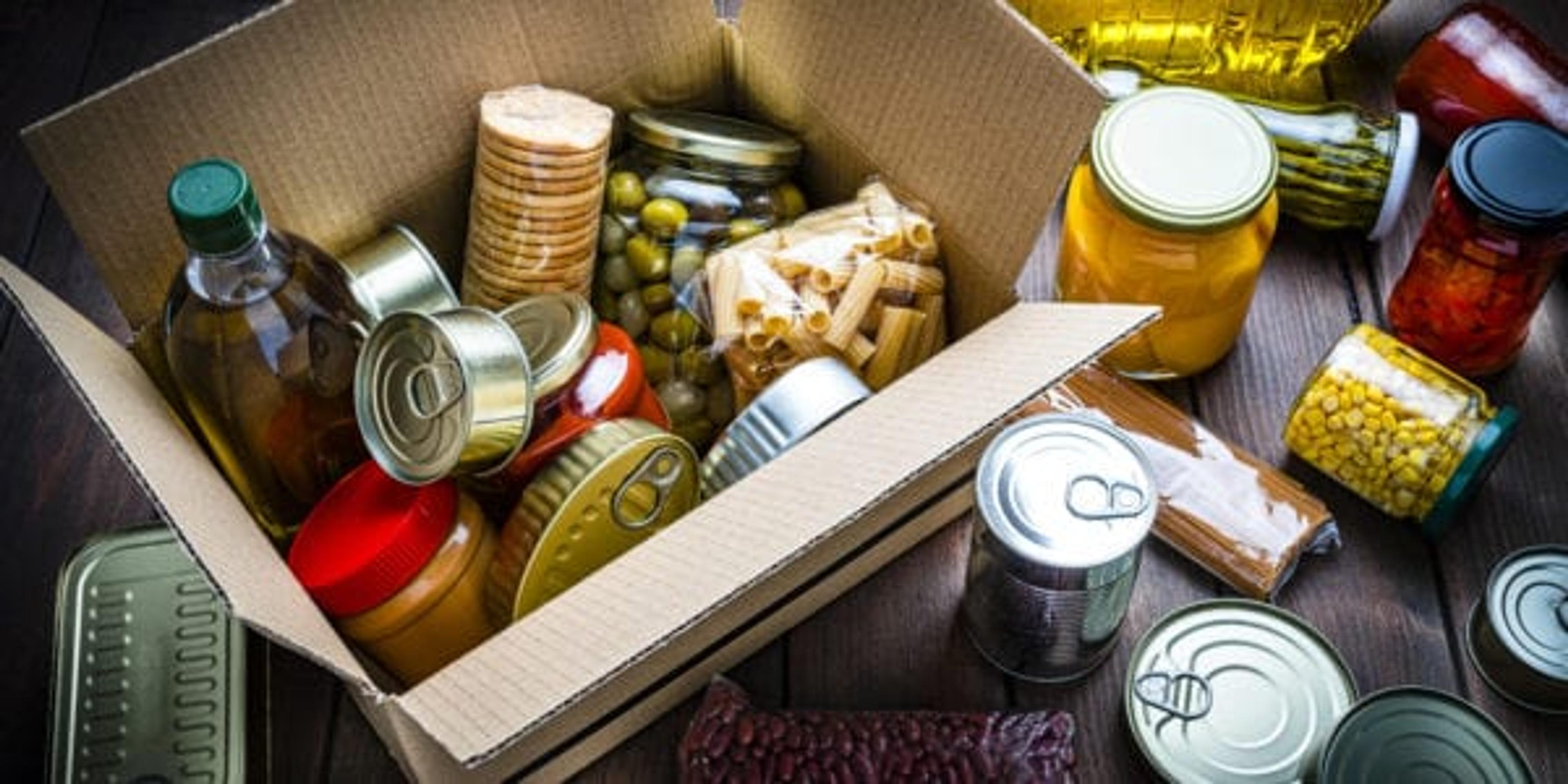Make Your Food Pantry Donation Count
| 2 min read

Want to make a difference for families in need? Filling up a bag with non-perishable food and household items and donating to your local food bank is a great way to help.
Before you raid your cupboards, it’s important to know where the food you collect is going. Start by contacting the food bank you intend to donate to and asking them what is most needed. They might prefer cash over cans, and will definitely be able to tell you which items are the most beneficial.
Food pantries are often running low on condiments such as ketchup, mustard and syrup. They could also really use more personal care and cleaning products for families who come in to shop once a month. There’s an especially big need for feminine hygiene products.
What pantries can’t accept is expired food. Cans that appear unclean often don’t move off the shelves. Essentially, if you wouldn’t buy it at a store, it’s probably not going to be very helpful to your local food bank.
So what should you pack up? Here’s a great starting list:
- Cereal/oatmeal
- Pasta
- Rice
- Canned fruits and vegetables
- Canned meals such as soups, chili, pasta
- 100% juice
- Peanut butter
- Pasta sauce or spaghetti sauce
- Macaroni & cheese
- Canned protein – tuna, chicken, turkey, salmon, etc.
- Beans – canned or dry
- Household cleaning products
- Personal care items such as soap and shampoo/conditioner
- Feminine hygiene products
Some additional collection guidelines from Feeding America include:
- Collect only non-perishable food items.
- Do not collect any homemade items.
- Keep personal care items separate from food items (i.e. mouthwash).
- No glass! Glass items can chip and break easily.
If you liked this post, you might also enjoy:
Photo credit: fcafotodigital





